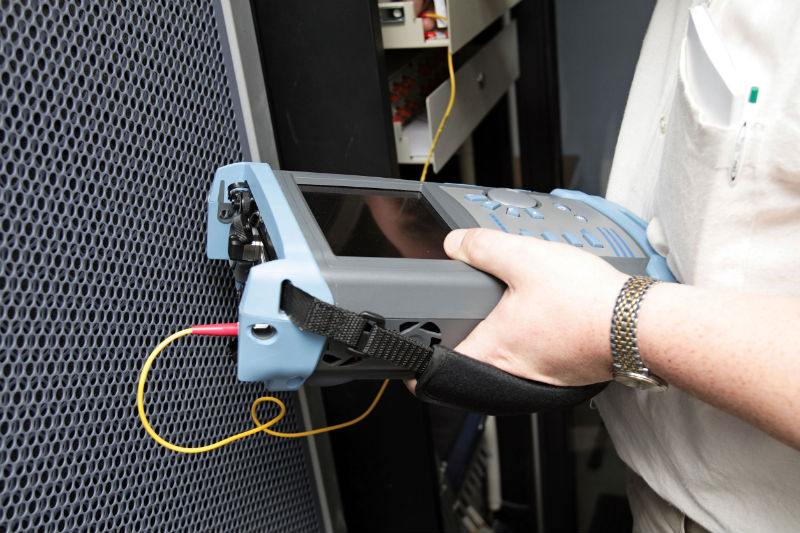In laboratory environments where surge protection devices are evaluated, precision and reliability are essential for meaningful results. Whether for quality assurance or research, the equipment used in these tests must be supported by dependable power sources. When searching for the best way to ensure consistent performance, many professionals seek a power supply for arrester testers that meets their stringent requirements. The power supply’s stability and compatibility directly influence the accuracy of arrester tester readings, making it a crucial element in laboratory setups.
The Role of Power Supplies in Arrester Testing
Arrester testers are designed to assess the performance and safety of surge arresters by simulating electrical conditions similar to those encountered in real-world power systems. The results produced by these testers are only as reliable as the power supply feeding them. Voltage fluctuations, frequency instability, or inadequate current capacity can all introduce errors in test outcomes. Selecting a power supply that delivers clean, regulated, and noise-free power is critical for maintaining the integrity of arrester evaluations.
Power Supply For Arrester Testers, specifically engineered for laboratory arrester testers, are designed to meet high standards of stability and accuracy. They help prevent measurement drift and minimize the risk of equipment malfunction due to inconsistent power delivery. Laboratories seeking to maintain compliance with industry standards find these specialized power supplies indispensable.
Key Considerations for Selecting the Right Power Supply
Choosing the appropriate power supply for arrester testing involves more than just matching voltage and current specifications. Several factors should be evaluated to ensure optimal performance:
- Voltage and Current Stability: The power supply should deliver a consistent output, free from fluctuations that could skew test data.
- Frequency Control: For tests that simulate various grid conditions, precise frequency regulation is essential.
- Load Regulation: The supply must maintain stable output under varying load conditions, which is common during arrester testing cycles.
- Protection Features: Built-in protections against overload, short-circuit, and overheating safeguard both the tester and the arrester under examination.
- Ease of Integration: Compatibility with existing laboratory setups and straightforward operation are important for efficient workflow.
By carefully considering these factors, laboratories can ensure that their arrester testers provide accurate and repeatable results, supporting both safety and innovation in surge protection technologies.
Impact of Power Supply Quality on Test Outcomes
The quality of the power supply has a direct impact on the credibility of arrester test results. High-quality power supplies reduce electrical noise and interference, which could otherwise mask subtle performance issues in surge arresters. Consistent power delivery ensures that each test cycle is comparable, allowing for meaningful data analysis and trend identification. In contrast, poor power quality can result in false positives or negatives, potentially leading to unreliable surge protection devices being put into service.
Laboratories that invest in robust power supplies for their arrester testers benefit from greater confidence in their test data. This not only enhances internal quality control but also supports compliance with industry regulations and customer expectations.
Amp-Line Corp. stands out as a reliable solution for laboratories needing precise power supplies for arrester testers, providing trusted support and expertise in this specialized field.
